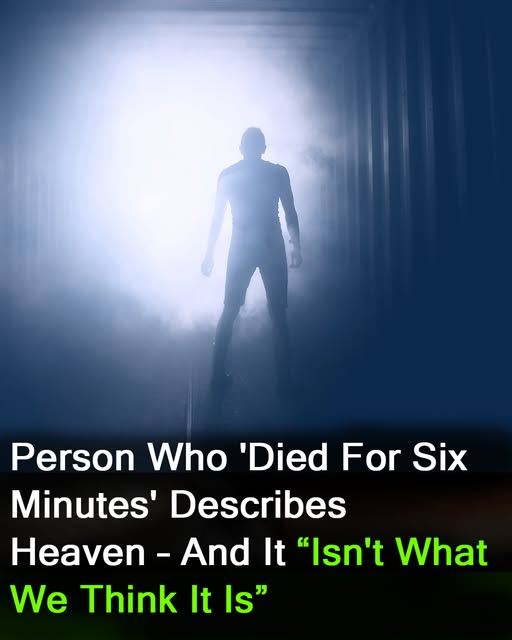When a young, healthy man suffered a sudden cardiac arrest, his six minutes of clinical death became a case study in the mind’s behavior under extreme duress. Revived by paramedics, his subsequent account challenged the more common narratives of near-death experiences. Instead of peace and light, he reported a haunting encounter with a conscious void, a description that has sparked both public fascination and scientific curiosity.
The man’s detailed recollection includes sensations that align with known neurological processes during oxygen loss, or anoxia. The feeling of a “presence” is a documented phenomenon, often linked to the brain’s temporal lobe activity as it struggles to make sense of its own breakdown. The overwhelming flood of emotion and memory could be interpreted as the brain’s systems firing erratically, releasing a lifetime of stored data in a final, chaotic cascade. From a clinical perspective, his experience was not a glimpse of an afterlife, but a vivid, internally generated event born from a brain in crisis.
However, the subjective power of the experience cannot be understated. For the patient, the memory carries a weight and clarity that feels more real than a dream or hallucination. This dissonance between the medical explanation and the personal, profound impact is a common challenge in post-resuscitation care. Doctors can explain the mechanism, but they cannot easily erase the existential imprint it leaves on a person’s psyche. The man’s insistence that something felt as if it had “followed him back” speaks to the deep psychological trauma such an event can cause.
Ultimately, this case highlights the complex interplay between brain function and human consciousness. The man’s outlook on life and death has been permanently altered, not by a spiritual revelation, but by the powerful, mysterious workings of his own mind under fatal stress. His story serves as a compelling reminder that the territory between life and death is not just a spiritual frontier, but a neurological one, where the very fabric of perception can unravel in astonishing and terrifying ways. The six minutes his heart was still have provided a lifetime of material for both personal reflection and scientific inquiry.


